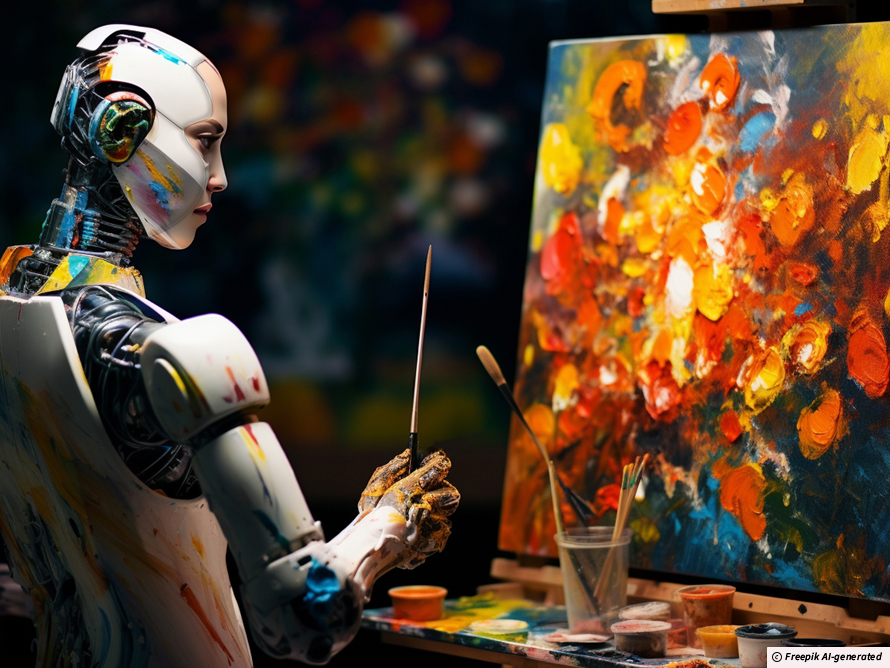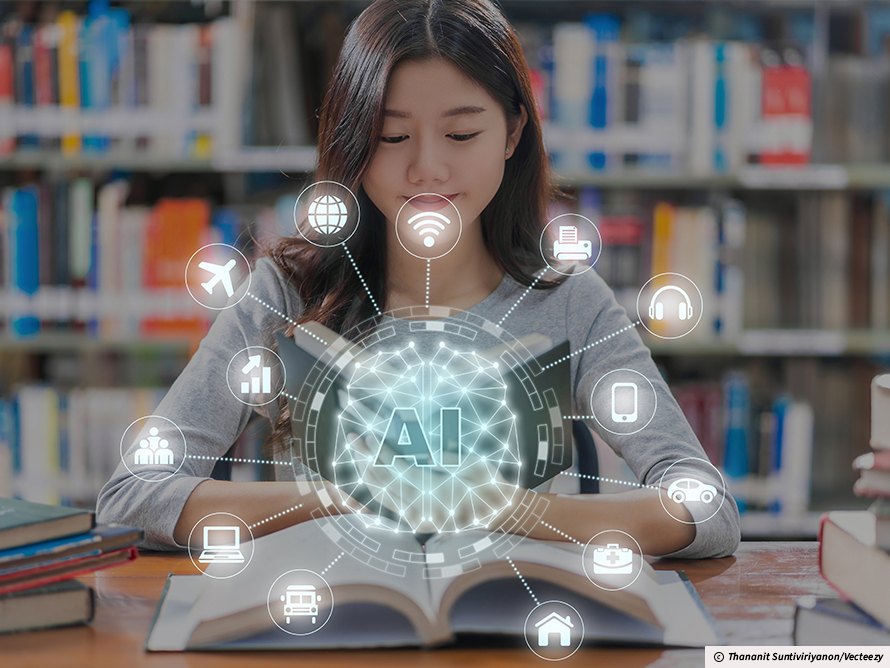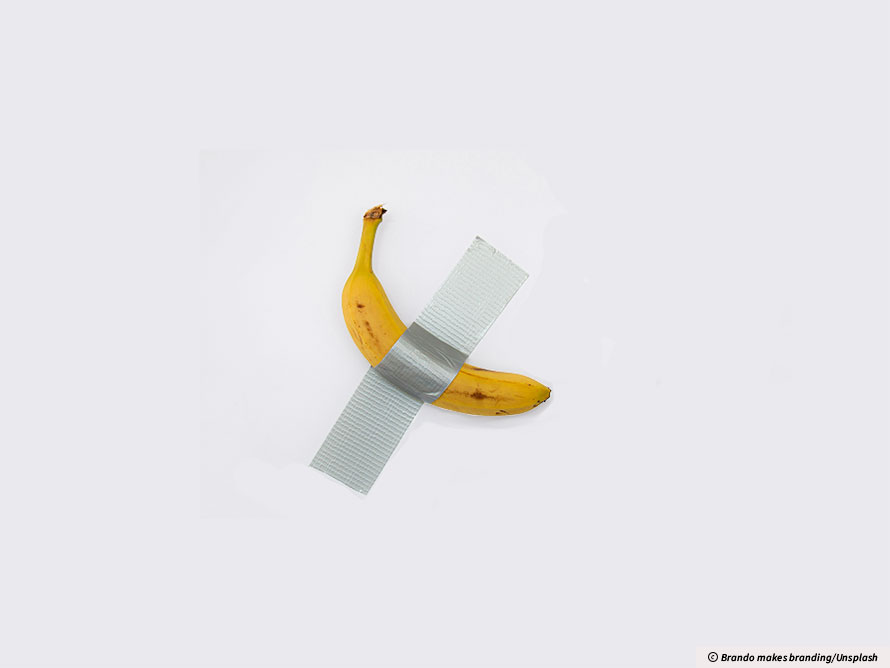AI is infiltrating our lives, says Sophie Hutchings, 17, from Plymouth, and we need to make sure it serves us; making our lives better and not worse.
We have seen the dangers of deepfakes as people’s autonomy and self-control is taken from them. We have seen the dangers of misinformation as people get “educated” by AI bots presenting false information as fact.
We have seen too the danger AI poses to privacy, as it takes people’s information without consent and shares it freely. But what dangers does AI pose to the minds of people growing up today?
Around 93% of people in Britain believe that having the space and freedom to be creative is an important part of their wellbeing. However, companies seem to be pushing for AI projects to fill our lives. Whether it is AI art on social media, AI articles in journals or AI overviews on every search, AI is infiltrating our daily lives and a lot of people – as many as 50% in one survey – feel uneasy about its growth.
The message given out in school can be confusing, as teachers tell us not to touch AI and then use it themselves. We get shown assemblies with AI poetry, but we’ll get banned from every exam board if a trace of AI touches our work.
Author Joanna Maciejewska sums up what most of us would like from AI: “I want AI to do my laundry and dishes so that I can do art and writing,” she writes, “not for AI to do my art and writing so that I can do my laundry and dishes.” Few could disagree with this sentiment, but getting AI to merely serve us is not that straightforward. One message associated with AI though is not at all confusing, and that is its impact on the climate, more specifically its power requirements. A message to ChatGPT uses 10 times the amount of electricity of a Google search. So anyone who cares for the planet should see the damage that AI poses; we cannot normalise killing our planet for AI.
We should perhaps also consider how nature fuels creativity. A walk outside can spark an idea, a breath of fresh air can recover a mental barrier, and an exploration can begin a story. AI provides none of this: it purely recites other people’s ideas about the world and humanity with no real experience, no soul or reasoning.
AI lacks the human touch that makes art meaningful. A painting by a person tells you something about their experiences, just as a song, film or book acts as a tale of emotion and humanity, these small touches cannot be discarded as they drive creativity and feed desire.
As UK funding of the Arts is consistently decreasing, it is society’s duty to fight back and fuel creative output, criticism, and appreciation, to prove what people are made for.
The human soul is nourished by creativity, people feel fulfilled by downtime spent reading books, watching films and listening to music. We need to protect this creativity and make the world a better place.
To do this starts small, by minimising use of ChatGPT, and supporting real, local work instead of AI. And it ends with the corporations taking on our protests, our feedback and using AI to help us rather than hold us back.
Interested in submitting your own Student Voices article or video? Find out more here.





